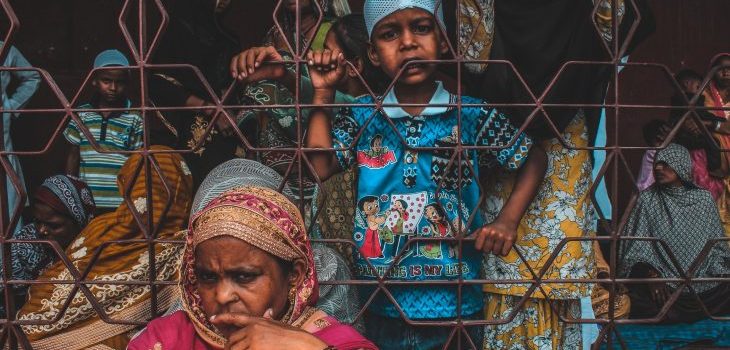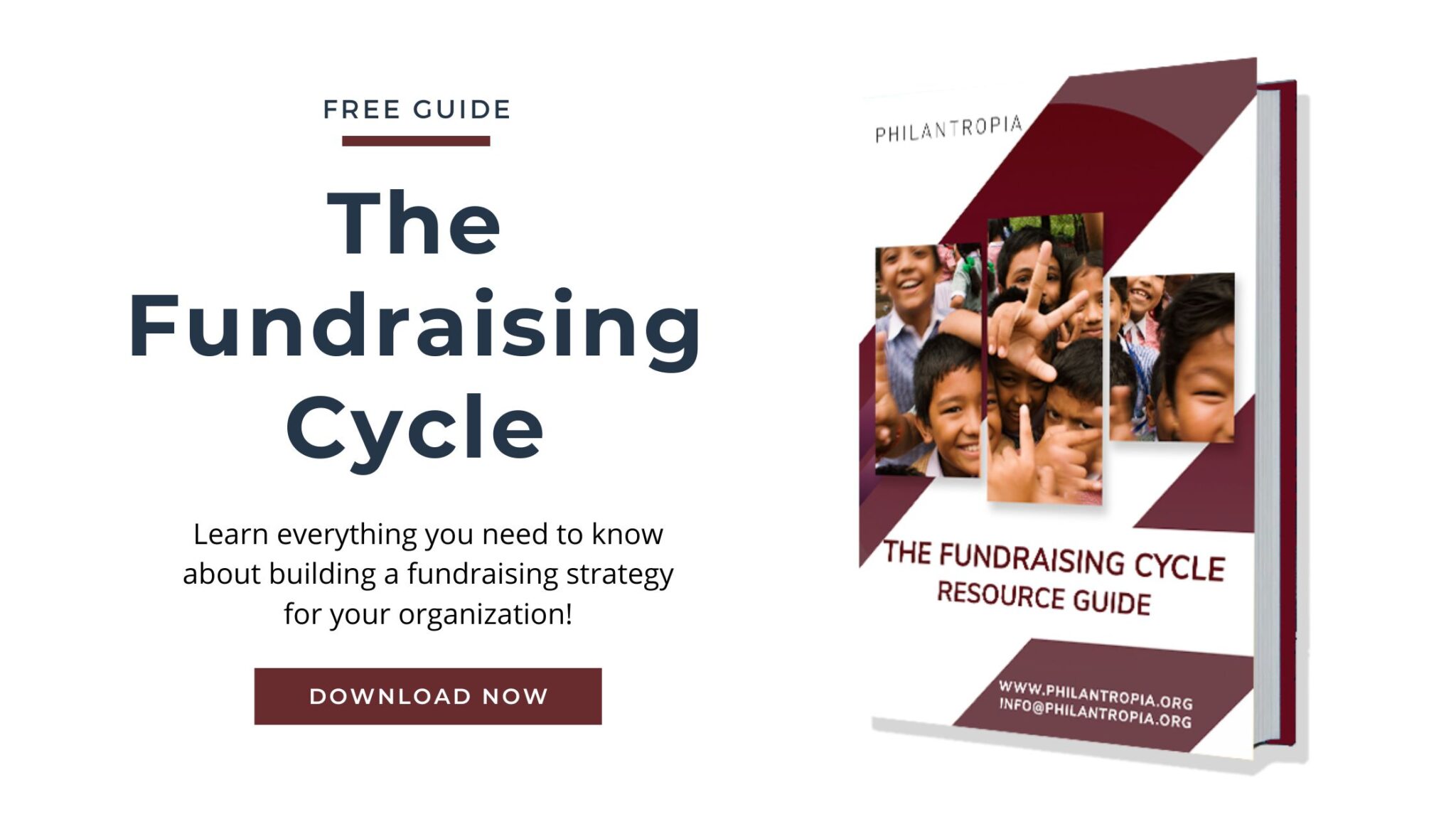Today is the World Day for Social Justice. On this special day, we want to congratulate all the amazing NGOs that are doing great work to further social justice and to support marginalized groups in society. On this special occasion, we want to give you tips on how to write a successful proposal when you apply for a grant for a social justice project.
Make sure your organization is driven by the people you want to empower
It is always important to include all stakeholders and beneficiaries in the project planning and implementation, but when you work for social justice, this is of core importance. Make sure you do not only include them, but that your organization is driven by them. If you work with a marginalized group, ensure that members of this group are amongst the staff or even the board and have influence. This is the best way to achieve justice and to achieve equality, as the people you want to support are not put into a passive position, but into an active one. The donors will appreciate this as well and will look at your proposal more favorably.
Do not get too emotional
When you work for social justice, you will encounter many situations that are just plain wrong and unjust. It is very easy to get passionate and emotional about these. While this is good to some degree, make sure it does not overtake you when writing a proposal. Try to take a step back and look at your project from the distance. Yes, the situation you want to change probably is horrible, but to convince a donor to fund you, you should rather try to stay with the facts and talk about your project in a sober manner. Passion is good and it often is what drives you, but factual thinking is as important to write a good proposal.
Write a good project background
When you work in the field of social justice, often you are very involved in the topic. Maybe you have grown up in the situation that you want to change, maybe it is something that your community has been dealing with for a long time. For you, it might be crystal clear what the issue is, but for an outsider this might be much more difficult. Do not forget to write a good and comprehensive project background with a lot of data and case studies to make sure, the reader has all the facts and necessary information to judge if your project makes sense and is worthy of funding. Before you submit, have an outsider proofread your project background to make sure that it is clear enough.
Think about cross cutting themes
Social justice is a very connected field and cannot be looked at in isolation. It is very important that you consider cross cutting themes when you write a proposal for social justice. The root causes for specific issues are deeply embedded in society, so make sure you look at the big picture instead of focusing on a narrow angle. If you only try to treat the symptoms with your project, it will not be sustainable in the long term.
Make sure you include all stakeholders
It is always important to include all stakeholders when planning a proposal, but when you work in the field of social justice, it is even more important. Like stated above, many times issues of social justice are embedded deeply in society. When you do not work with all stakeholders, you will never be able to fix the situation. This also means that you have to include people who have influence on policy and higher level decision makers. If you have the time and the resources, run a stakeholder analysis before you even start planning your project, to make sure you leave no one out. Carefully determine the risks and assumptions you work with as well.
Best of luck with your proposals! If you want to learn more about how to write a successful proposal, do not miss this article:
10 Top Tips to Write a Winning Proposal




Iam anxious to see request that will deal with the needs of seniors citizens in the very low income brackets in order to address issues that they will only share with individualals tha they see and work with every day and they have developed thrust in their work and support.Please do help in ways in directions on how to work with the individuals (community workers) to accomplish these goals. Lets fund what seniors need not what the book said we have to need.Reespectfully submitted